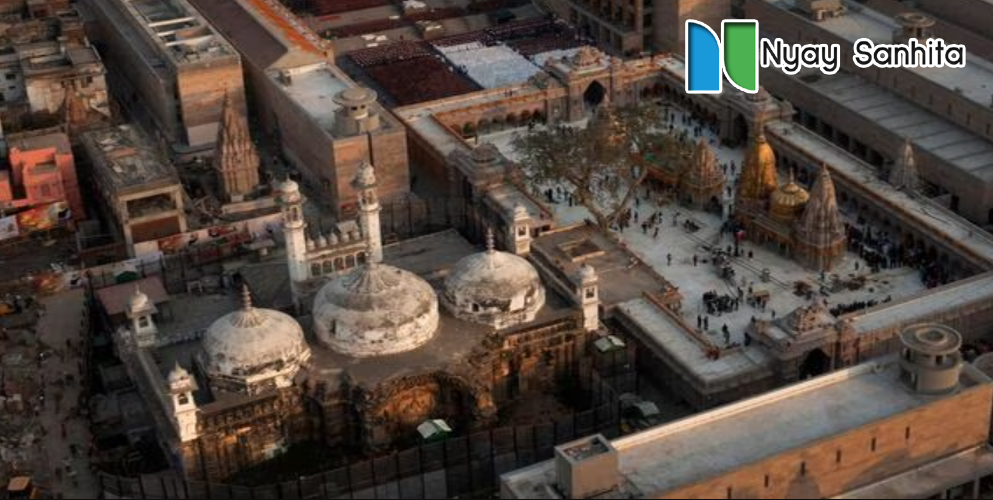
Supreme Court declines to stay ASI survey at Gyanvapi mosque. Muslim side says it reopens wounds of the past.
Gyanvapi mosque case: The Supreme Court of India on Friday declined to stay the Allahabad High Court order allowing the Archaeological Survey of India (ASI) to conduct a survey within the mosque premises. A bench comprising Chief Justice D Y Chandrachud and Justices J B Pardiwala and Manoj Misra heard the Muslim side’s plea challenging the Allahabad High Court order.
Here are the top points of the story
-ASI has been tasked to conduct a scientific survey at the Gyanvapi mosque which is placed next to Kashi Vishwanath Temple in Varanasi, to determine if the 17th century structure was built upon a pre-existing temple
-At the Supreme Court the Muslim side said that the exercise will “reopen wounds of the past”
-The Muslim side has said the survey violates the Places of Worship (special provisions) Act, 1991 which prohibited change of character of religious places as they existed in 1947.
-The bench took note of the submissions of Solicitor General Tushar Mehta, appearing for the ASI and the Uttar Pradesh government, that no excavation will be carried out during the survey nor any destruction caused to the structure
-The top court said the evidentiary value of the scientific survey of the ASI was open to be tested in the lawsuit and is open to objections, including cross-examination.
-The top court said the evidentiary value of the scientific survey of the ASI was open to be tested in the lawsuit and is open to objections, including cross-examination.
-The report of the ASI will be remitted to the trial court and the decision on that will be taken by the district judge, the Supreme Court said.
-A Varanasi district court had on July 21 directed the ASI to conduct a “detailed scientific survey” -– including excavations, wherever necessary — to determine if the Gyanvapi mosque located next to the Kashi Vishwanath temple is built upon a temple.
-The mosque’s ‘wazukhana’, where a structure claimed by Hindu litigants to be a ‘shivling’ exists, will not be part of the survey following an earlier Supreme Court order protecting that spot in the complex.
-Hindu activists claim a temple existed earlier at the site and was demolished in the 17th century on the orders of Mughal emperor Aurangzeb.